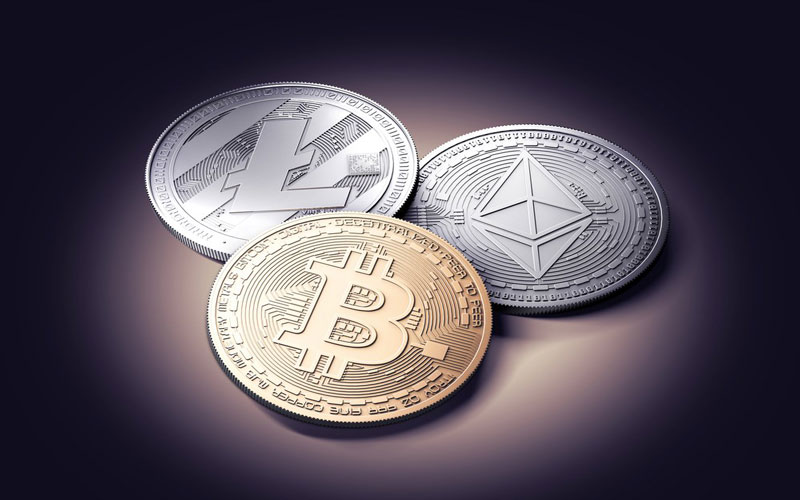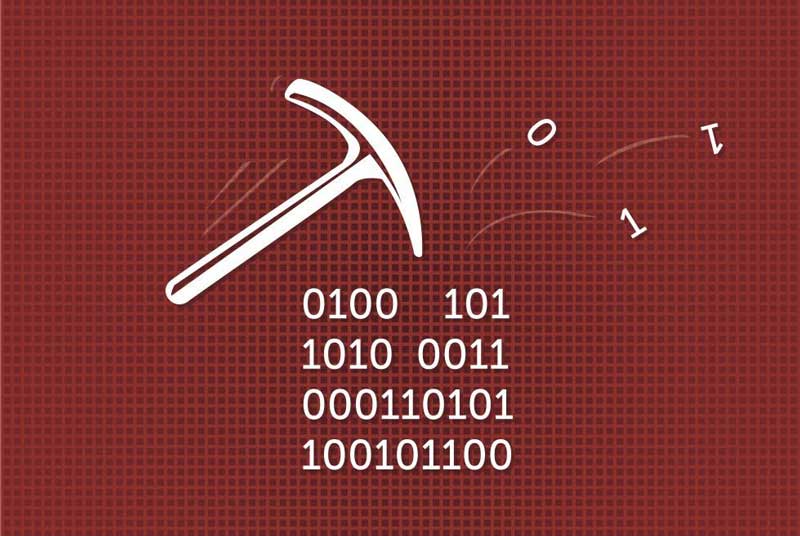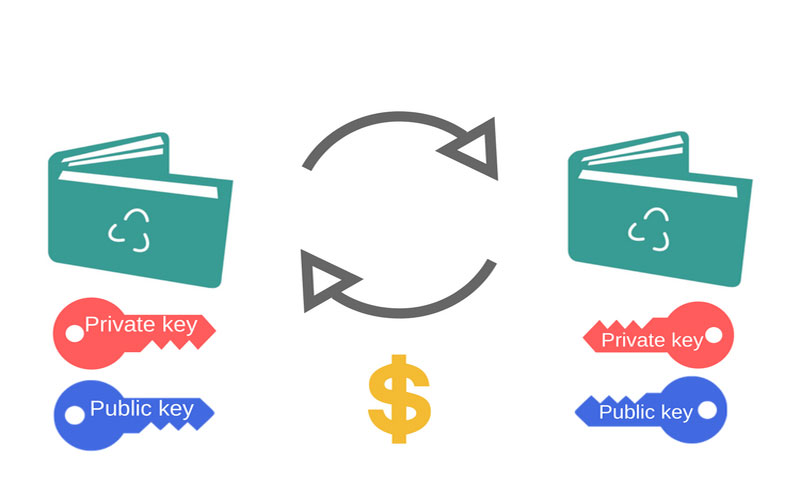Do you know what has risen by more than 750% in the past year and is worth four times as much as an ounce of gold? It’s Bitcoin, one of more than 900 kinds of cryptocurrencies. So what is this hot trend about, and why it gains so much attention worldwide?

1. What is cryptocurrency?
Cryptocurrency, sometimes called virtual currency, digital money/cash, or tokens is a digital currency for which encryption techniques are used to monitor its use and generate its release. Note that this is not the one that you use in games or other websites.
Although there are more than 900 kinds of cryptocurrencies, they still share some basic characteristics:
Not being affected by government interference or manipulation:
Unlike fiat currency like USD, EUR and CNY, cryptocurrency is not backed by any banks, governments or centralized financial authorities, but relies on the Internet to guarantee its value and confirm transactions. Therefore, banks, governments or centralized financial authorities have no control over cryptocurrencies as they are fully decentralized.
Not being created endlessly:
While in terms of standard government-issued currencies, financial institutions have the power of creating more money leading to inflation, cryptocurrencies have a limited number, for example, Bitcoin will never exceed 21 million coins in circulation.
2. Why cryptocurrencies should be used?
 Low transaction fees:
Because miners gain cryptocurrency from the network itself, these transfers are completed with minimal processing fees, help users avoid the steep fees charged by most banks and financial institutions.
Low transaction fees:
Because miners gain cryptocurrency from the network itself, these transfers are completed with minimal processing fees, help users avoid the steep fees charged by most banks and financial institutions.
Ownership:
With your digital key received after purchasing cryptocurrencies, only you can access to your assets. Unlike money you store at a bank, your cryptocurrency cannot be frozen or limited by any entity.
Identity protection:
Your sensitive banking information can be stolen through revealing while paying with credit or debit cards. However, when making transactions using cryptocurrencies, all the recipient receives is just total amount you want to send.
Accessibility:
Cryptocurrencies require no bank or line of credit to make or receive payments electronically. Hence, you do not need to have access to banks or money exchange systems to make transactions using cryptocurrencies.
Risk-free for sellers:
Merchants don’t have to worry about deception as payments using cryptocurrency can’t be reversed.
3. How do cryptocurrencies work?
 Decentralised technology is what cryptocurrencies use to let users make secure payments and store money without using their name or going through a bank. They run on a digital public ledger called blockchain, which is a record of all transactions (blocks) updated by crypto traders. In another word, a block is sent to the network whenever a transaction occurs and added to the blockchain after being accepted as a valid transfer. Once verified, the blocks are irreversible. Since data are stored across a network, it is not easy to be exploited by hackers or central failure.
Decentralised technology is what cryptocurrencies use to let users make secure payments and store money without using their name or going through a bank. They run on a digital public ledger called blockchain, which is a record of all transactions (blocks) updated by crypto traders. In another word, a block is sent to the network whenever a transaction occurs and added to the blockchain after being accepted as a valid transfer. Once verified, the blocks are irreversible. Since data are stored across a network, it is not easy to be exploited by hackers or central failure.
4. What are the most common cryptocurrencies?

Bitcoin:
The first cryptocurrency was bitcoin, which was created in 2009 by Satoshi Nakamoto, a secretive Internet user, or a group of unknown people. It is also the most commonly traded cryptocurrency and holds the #1 spot on cryptocurrency price at the moment, reaching market capitalisation of around $96.7 billion in October 2017.
Ethereum:
Developed in 2015, ethereum is the the second most popular and valuable cryptocurrency. Ethereum has a market capitalisation of around $30 billiion as of October 2017.
Litecoin:
Started by a former Google employee, this currency is most similar to bitcoin, but has grown quickly to develop new innovations, including faster payments and processes. It is accepted by more retailers than some other cryptocurrencies. Litecoin plans on releasing a total 84 million coins — far more than 21 million in circulation of bitcoin.
5. How can I buy and use cryptocurrencies?
There are 2 ways to possess cryptocurrencies.
The first way is mining by miners. A community of cryptocurrency miners are anyone setting up their computers or ASIC machines to participate in the crypto transactions. To mine this currency, miners must attempt to solve complicated maths problems known as a hash, which allows you to generate coins.

The second way is buying the currencies from brokers. When you buy or receive cryptocurrency, you are given a digital key to the address of that currency. This key needs keeping in a safe place to unlock your cryptocurrency wallet.
 You have a variety of cryptocurrency wallets to choose from:
You have a variety of cryptocurrency wallets to choose from:
Desktop wallets: Software like Cryptonator allows you to send and store cryptocurrency addresses and also connects to the network to track transactions.
Online wallets: Cryptocurrency keys are stored online by exchange platforms like Coinbase or Circle and can be accessed from anywhere.
Mobile wallets: Apps like Blockchain store can encrypt your bitcoin keys so that you can make payments using your mobile device.
Paper wallets: Some websites offer paper wallet services, generating a piece of paper with two QR codes on it. One code is the public address at which you receive cryptocurrency, and the other is your private address you can use for spending.
Hardware wallets: You can use a USB device created specifically to store bitcoin electronically and your private address keys.
6. How can I manage cryptocurrencies?
Money Lover is going to launch a new special feature for crypto traders: Cryto wallet. Crypto wallet will automatically record your crypto transactions in Bitcoin (BTC), Ethereum (ETH) and Litecoin (LTC). All you need is to make any transactions you want, then look at Crypto wallet to have a full report of them.
Read more about Crypto wallet now.
All in all, despite not yet being widely understood or accepted as a means of payment, cryptocurrencies is growing quickly and could be an important method of financial transactions in the future.
References:
https://www.finder.com/what-is-cryptocurrency
http://www.telegraph.co.uk/technology/0/cryptocurrency/
https://www.cryptocoinsnews.com/cryptocurrency/
https://www.digitaltrends.com/computing/everything-you-need-to-know-cryptocurrency-bitcoin/
http://www.dummies.com/personal-finance/what-is-cryptocurrency/